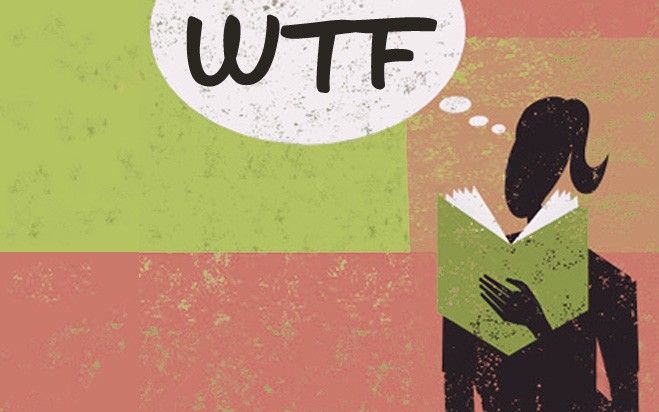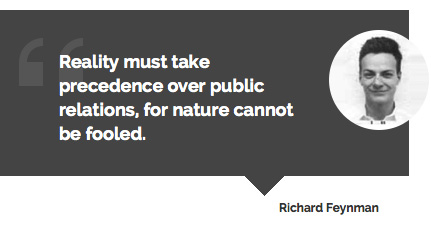
One-year science says avocados are bad for you, and the next year science says avocados are good for you. So why bother paying attention at all?
This sometimes leads people to rely on “magical thinking” of various kinds. The problem with such systems of thinking is that they have no way to correct themselves in the event of a mistake.
They are considered to be true because… well, just because.
Science however, does have a way to correct itself. Some truths endure, and others are corrected by new experiments.
As one comedian put it, “Science knows it doesn’t know everything, otherwise, it’d stop.”
Changing reports don’t mean you can’t trust science. But they do mean you can’t always trust the way science is reported.
Here are a few of the reasons it found:
1. Researcher Bias
Many scientists depend on grants from government or industry, and this creates an incentive to deliver pleasing results to the hand that feeds.
2. Lottery Effect
If 10 studies show inconclusive (boring) results, but an eleventh study shows a positive (exciting) result – the ‘exciting’ study is the one that will be submitted for publication.
3. Publication Bias
Scientific Journals favor studies that show something “new,” so there is little incentive for studies that show an old theory was “right all along,” or everything is just fine.
4. False Alarms
The tolerance used in clinical studies means that even if a theory is wrong – it could still appear as true in 1 out of 20 studies.
5. Random Patterns
Look at enough unrelated data, and a correlation can be found for just about anything. But correlation does not equal causation.
6. Human Error
Simple mistakes, co-mingling of data, unreliable memories, and wishful thinking can and do influence study results.
7. Reporter Bias
Reporters and editors have a favored view of the world, and are quick to give top billing to studies, which seemingly confirm them.
8. Fraud
Data can be invented or manipulated in very creative ways, sometimes with malice, and sometimes even with good intentions.
Journalists often just report what they have been told about a report, without reading it. Sometimes what is reported on the news is the exact opposite of what the scientific conclusion – or lack thereof – was in the ‘new study.”
Sensationalism trumps consideration. Reporters care more about getting their story on the air, than accurately portraying reality.
What can you do?
Before accepting any new idea, try to find out who disagrees with it. There is always disagreement; even in matters considered “settled.”

But be wary of who one side says is in disagreement with them. The temptation to vilify is high, and personal attacks often create a smokescreen to hide the opposing viewpoint.
You might have to dig for alternative news sources.
Once you have located the opposing arguments – the real arguments – you’ll usually be able to sort out who has a case, and who is a basket case.
But not always.
Sometimes the truth is yet to be determined and we must simply agree to disagree.
At least until a “new study says…”
Related Article: Prozac or Placebo

Pingback: Girl Power and the Trouble with Boys… « McClure's Magazine | Alternate News, Interesting Views, and Muckraking Journalism.
Pingback: The Money of Fools « McClure's Magazine | Alternate News, Interesting Views, and Muckraking Journalism.